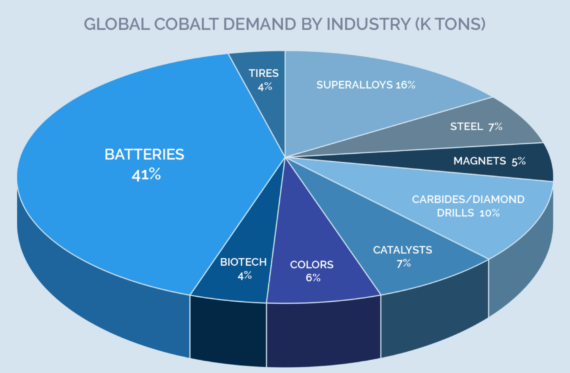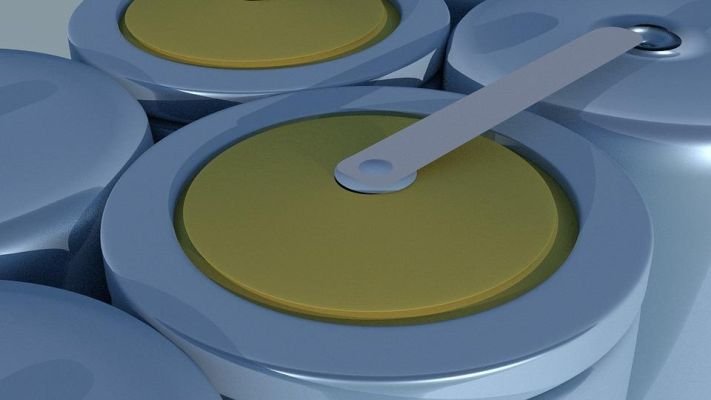Panasonic is moving towards cobalt-free batteries and plans to halve the cobalt content of its mass-produced automotive batteries “in 2 to 3 years.” Not knowing the extent of global cobalt supply is a genuine point of concern and a potential bottleneck for much greater mass production of electric vehicle (EV) batteries.
 For this and other reasons, Panasonic has already significantly reduced cobalt content to about 10% in its nickel-cobalt-aluminium (NCA) cathode chemistry. At the research and development level, Panasonic has already achieved such batteries. Now they are going through various evaluation processes” before mass producing them.
For this and other reasons, Panasonic has already significantly reduced cobalt content to about 10% in its nickel-cobalt-aluminium (NCA) cathode chemistry. At the research and development level, Panasonic has already achieved such batteries. Now they are going through various evaluation processes” before mass producing them.
Panasonic has collaborated with Tesla to produce the world’s highest energy density EV battery packs since 2009, when the Japanese company signed an agreement to supply lithium-ion 18650 battery cells to Tesla.
In June 2010, Panasonic invested about $30 million in Tesla. In 2014, Tesla began construction on its Gigafactory 1 in Sparks, Nevada, with cooperation with Panasonic and other strategic partners. When Panasonic became the exclusive supplier of battery cells for Tesla’s Model S, Model X, and Model 3 electric vehicles, their partnership was seen as a triumph for Panasonic over competitors such as Contemporary Amperex Technology (CATL) in China and LG in South Korea.
Tesla and Panasonic share more than their lithium-ion battery collaboration — they both have a systemic focus on sustainability. They have pledged to work towards the prudent, sustainable use of the Earth’s resources and the protection of the natural environment in the production, use, and disposal of their products.
Reference- Cleantechnica, Panasonic PR






